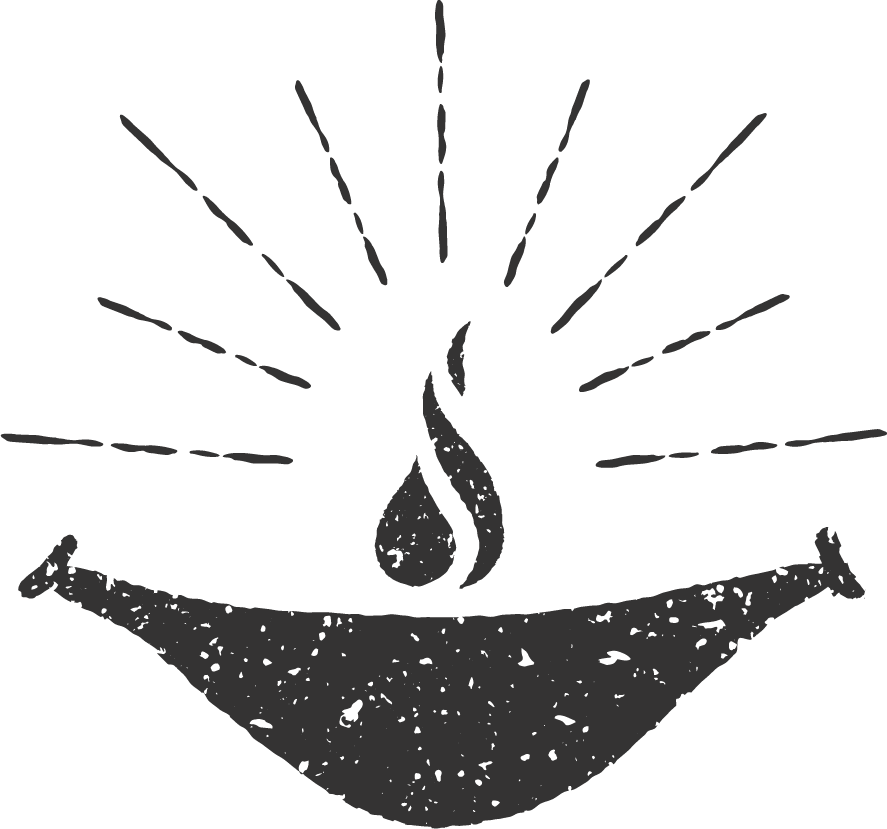Bring Liz to your congregation
Liz James began preaching and leading workshops twenty years ago, as a growth consultant for the Canadian Unitarian Council. Ten years ago, she founded the UU Hysterical Society, now a 270,000 person humour group on Facebook. She then went on to found Mirth and Dignity, an organization devoted to diverse expressions of UUism. She is cohost of the UU humour podcast The Cracked Cup, and working on a book with Skinner House press.
She believes in a UUism that is filled with meaning and joy, and that sees change as an adventure.
Worship
Inherent Mirth and Dignity
What do you do when the life you’d imagined for yourself is stuck in committee? Join us for the story of the UU Hysterical Society—a 270,000-person group on Facebook. It’s a story of feeling lost, finding yourself, and a practical joke gone right. Check out the opening story of the sermon, below.
Not interested in this particular topic? Other favourites include “My Muzungu Eyes Are Improving” (about Flaming Chalice International, colonialism, and lion attacks), “Whomever you love” (about polyamory), “Enoughism” (about money), “Reach” (about polarization and how we engage with one another), and “And now, Potatoes” (about avoiding burnout), and more! Details available on request.
Workshop Options
“Liz’s workshop engaged people with different interests and backgrounds by masterfully blending humor and theme. We tackled very serious ideas in a way that had us laughing and really enjoying the experience.”
I recently overheard one of my teenagers “In my day…” to his younger brother.
Well. In my day, you had to be old enough to shave before you got to say “in my day”.
But the world is changing at a breakneck pace.
How do we steer when everything is shifting all the time? As people, and as congregations?
Steering in a Tornado: A Field Guide is a workshop that examines that question in terms of how we live, as individuals. The Church of Our Imagination is geared towards congregations. Both workshops are humour and story based, interactive, and practical.
Each workshop is three hours long (including one break), and Liz can do either one as a stand alone, or both in a series. There are currently experiments underway on combining both into one workshop, so that’s an option as well (although any community choosing that option should understand they’d be acting as guinea pig).
“Liz is fantastic! She has deep knowledge and high energy which keeps her audience engaged. She is highly skilled with the ability to adapt on the fly to emerging needs of her workshop participants. I’d be glad to be in one of her workshops again!”
Cost
Liz is passionate about preaching and about helping to develop Unitarian Universalist ministries of all shapes and sizes. She offers her services (preaching, workshop leading, coaching, etc) for free. Both as a spiritual practice, and as a way of keeping her from getting in trouble with the American government.
Usually (but this is not required), congregations make a donation to Mirth and Dignity, to help with administrative and travel costs. Their donation is usually in the range of what they’d pay a clergy person for the same services. But it’s an important part of our model that we make room for congregations that can’t pay, too—it really is a voluntary donation.
Please complete the form below to begin a conversation…
Note from Liz: I need to be up front about the fact that at this point, we get a lot more requests than we can accommodate—I’m really sorry about this. Which congregations I can visit is usually determined by route planning (although please feel free to include other info I might need about your congregation in the “anything else we need to know” box).
We are currently booking dates for early 2026. The tour area will be Ontario in the first couple of months, then the Eastern half of the US (seriously, eastern half… Like, anything east of Denver) in March and April. So, if you’re in that area, your chances are definitely higher.
Not on that route? It’s still worth filling out the form. I do other shorter trips, and often contact local congregations.

